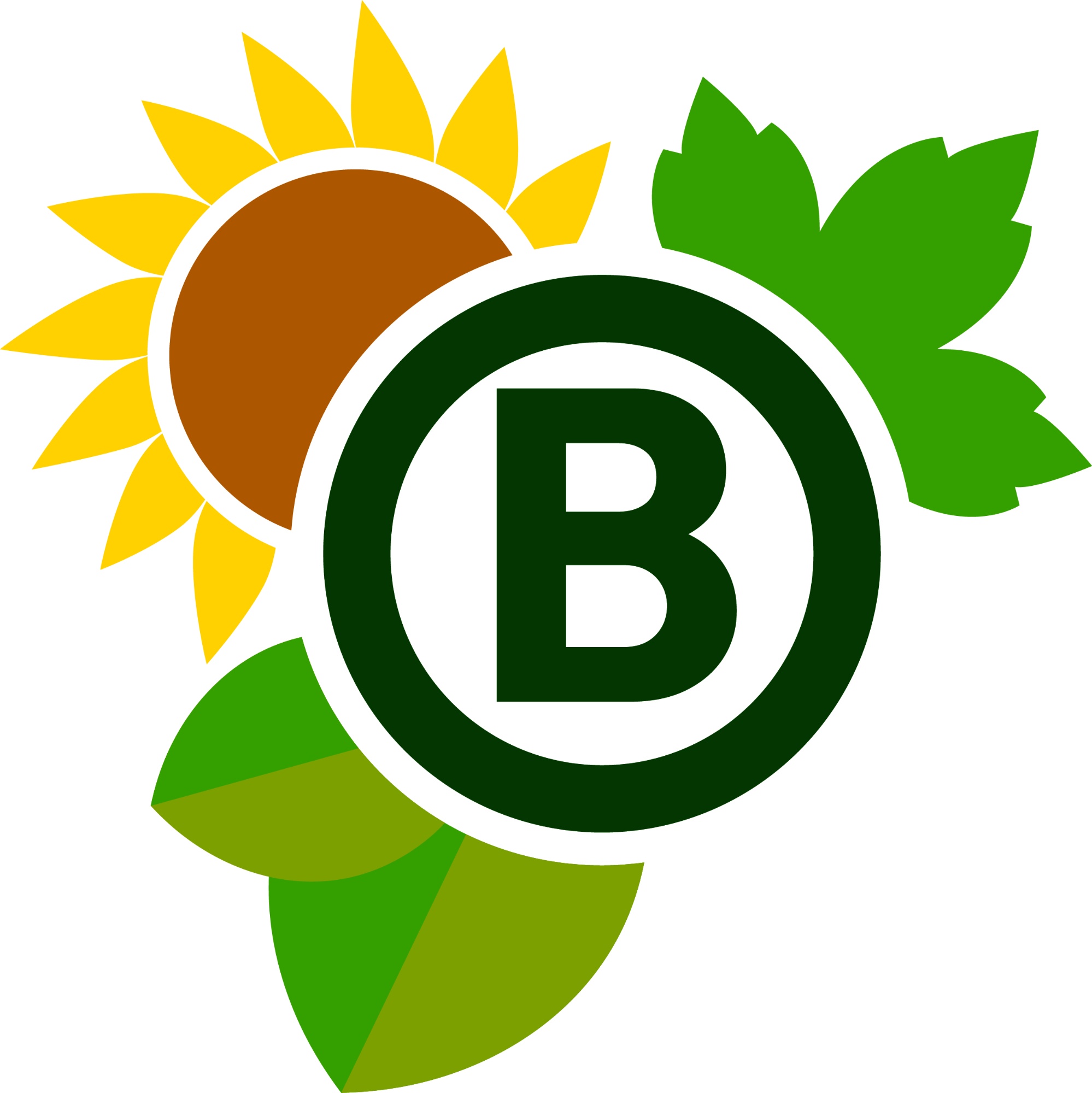Assessment
Tapestry:
We use an electronic system called Tapestry to record the children’s learning. This is regularly updated and shared with parents so that they can be involved in their child’s learning journey and progress in relation to the EYFS. Not every activity they do will be recorded, however there should be new entries most weeks - sometimes more sometimes less. If your child moves on to Year R at Oliver’s Battery Primary and Nursery School they too use Tapestry. This means that the journey can continue and provide you with a unique opportunity of seeing progress from age 2 to the end of their first year in school.
OPAL

We assess the Nursery children using OP&L devised by the Barnet Early Years Alliance.
Opal works on the basis of having six-monthly child developmental milestones, which we use to monitor children’s development. These milestones reflect what we believe a ‘typical’ child, should be able to achieve. When looking at the statements, we assess if the child has met the milestones and record a simple ‘yes’ or ‘not yet’. We know that not all children will have ‘typical’ development. Opal allows us to tell and celebrate each child’s story and focus on the support they need from us.
Starting points
Not long after a child joins us, we complete a ‘Starting Points’ assessment, looking at the milestones the child has just passed. For example if a child joins us at 39 months, we would look at the milestones for 36 months. This helps us to quickly identify children who are not reaching milestones and may need more support.
Spotlights
The observations and assessments that we make are called ‘spotlights’. We observe children’s innovation, their creativity, their ideas, their intents and feelings. The insight that we gain enables us to discuss, reflect and plan our environment to support and shape future learning. We don’t want to plan a next step to tick a statement off a list. We want to plan learning that will be meaningful and memorable for that child.
As children reach their milestones at different points in the year ‘spotlights’ are spread out, making it fairer for the child as they are being assessed against the age-related milestones that they have reached, not a best fit judgement in a wide age-band.
We follow a simple step cycle:
Progress check at age 2

The progress check at age two is a statutory assessment and involves writing a short summary of a child’s development in the three prime Areas of Learning and Development. It takes place when a child is between the ages of two and three.
When will the check be completed?
The progress check at age two needs to be completed between your child’s second and third birthday. We will decide with you on the most suitable time. If your child has only recently joined the Nursery, we will wait until we have had the chance to get to know your child and they have settled in.
How will the progress check be completed?
We will work in partnership with you to complete the check. We will listen to your views and invite you to share your knowledge of your child. We will tell you about our observations of your child in the setting. Together we will describe your child’s progress and development in each of the prime areas. We will record your child’s strengths as well as any areas where they may need some support. We will give you information about how you can help your child’s development at home and explain activities and strategies we will use in the setting to enable your child to make progress. We will also describe any additional help your child will receive.
Who will complete the progress check at age two for my child?
The progress check will be completed by your child’s key person, it will include contributions from you and from any other professionals who work with your child, such as childminders.
What happens after the check?
Once the check has been completed, you will receive a copy. We will discuss the check with you so we can continue to work together at home and in the setting to help your child make progress. We recommend that you share the check with the health visitor at your Health and Development Review at Age Two. It may also be helpful to share it with other professionals who work with your child.
